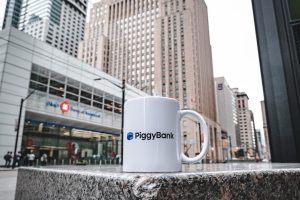Forex trading, also known as foreign exchange trading, is an investment practice that involves buying and selling currencies. It is the largest financial market in the world, with a daily volume of over $5 trillion. Forex trading is done by individuals, institutions, and banks. Professional bank traders, in particular, are known for their expertise and experience in the forex market. In this article, we’ll explore how professional bank traders do forex trading.
Professional bank traders are typically employed by banks or financial institutions to manage their forex trading activities. These traders are responsible for executing trades on behalf of the bank and ensuring that the bank’s forex trading activities are profitable. They use a variety of strategies and tools to analyze the market and make informed trading decisions.
One of the primary tools used by professional bank traders is technical analysis. Technical analysis involves studying charts and market data to identify patterns and trends. Traders use various technical indicators to help them predict future price movements. These indicators include moving averages, support and resistance levels, and trend lines.
Another tool used by professional bank traders is fundamental analysis. This involves analyzing economic and political events to predict how they will affect the markets. Traders look at factors such as interest rates, inflation, and unemployment rates to make informed trading decisions.
In addition to these analytical tools, professional bank traders also use risk management strategies to protect their investments. One common risk management strategy is stop-loss orders. These are orders placed at a certain price level that automatically close a trade if the price falls to that level. This helps to limit losses and protect the trader’s investment.
Professional bank traders also use leverage to magnify their profits. Leverage allows traders to control a large amount of currency with a relatively small investment. However, leverage also increases the risk of losses, so traders must be careful to manage their risk when using leverage.
Another important aspect of forex trading for professional bank traders is keeping up with market news and events. Traders need to stay informed about economic and political developments around the world that may affect the forex market. This requires a lot of research and analysis, as well as an understanding of how different events may impact the market.
Professional bank traders also need to be able to work well under pressure. The forex market is fast-paced and can be volatile, so traders need to be able to make quick decisions and react to changing market conditions. They also need to be able to handle the stress of managing large amounts of money and making high-stakes trades.
In conclusion, professional bank traders use a variety of tools and strategies to analyze the forex market and make profitable trades. They use technical and fundamental analysis to predict price movements and manage risk through tools like stop-loss orders and leverage. They also stay informed about market news and events and are able to work well under pressure. Overall, professional bank traders bring a wealth of experience and expertise to forex trading, making them valuable assets to banks and financial institutions.





